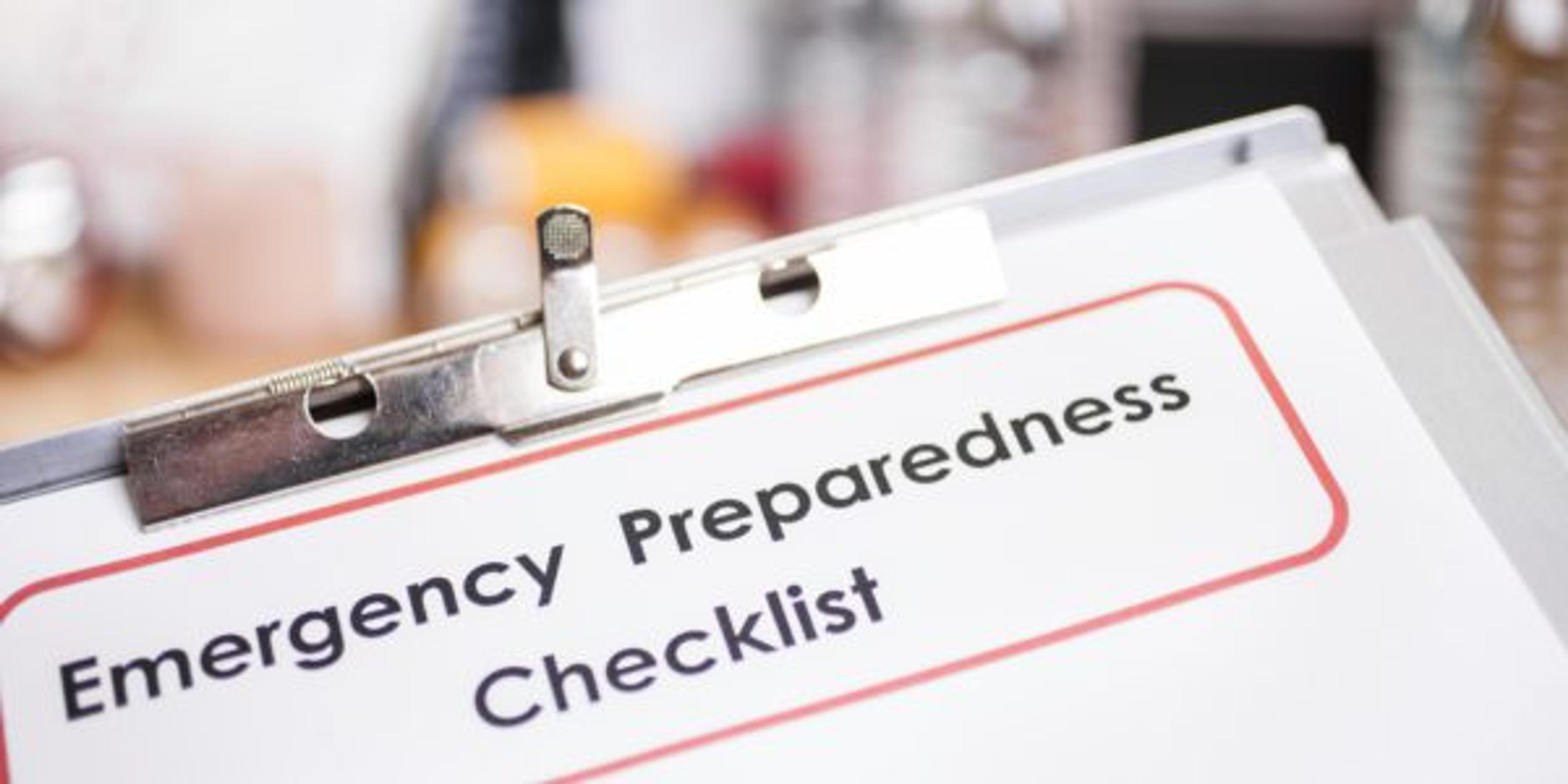What to Have at Home for Winter Emergencies
Shandra Martinez
| 3 min read

Whether you hail from the wild and scenic Upper Peninsula or the metro areas of the Lower Peninsula, the people who call Michigan home are a hardy bunch. We swim in the Great Lakes when the water hasn’t fully warmed, we hike in all four seasons, and a lot of us still get excited about the first snowflakes each year. But severe winter weather? Michigan has a big window for that, roughly between November and April each year. Here’s what you need to know to prepare for it, and what to have at home for winter emergencies.
Heavy snowstorms, ice storms and even polar vortex disruptions that send Arctic air spilling down into the Great Lakes can all turn into winter weather emergencies. Dealing with bitter cold can be an issue. Hypothermia and frostbite are real concerns when temperatures drop. Storm-related power outages can leave your home cold and dark. Here are some things to keep in mind when winter emergencies crop up:
Prepare your home for winter. Taking steps to get your home ready for the cold season will help prevent or lessen emergency situations, according to the Centers for Disease Control and Prevention. As the temperatures get colder, inspect these areas of your home:
- Make sure entry doors have weather stripping to keep out the cold.
- Insulate all attic spaces.
- If you don’t have storm or thermal-pane windows, cover windows with plastic sheeting from the inside.
- Cut away any large tree branches that could fall on your home during high winds.
- Check that water lines running along exterior walls are insulated.
- Test your smoke detectors to make sure they are working. Replace the batteries if needed.
- Know how to contact your electric utility in case you experience a power outage. Reporting the outage quickly will allow the utility to schedule the repair without a delay.
Emergency supplies. Check to make sure you have items you may need in an emergency ready to go. In the winter, these include:
- Flashlights and backup batteries
- A power pack to charge your cell phone
- Either candles and extra matches, or several flameless, battery-operated candles
- Bottled water
- Non-perishable foods, protein bars, nuts and snacks
- Extra hats and mittens
- Warm blankets
Fireplace maintenance. If you have a fireplace you plan to use this winter, have your chimney or flue inspected to ensure it’s clear of debris and ready to use safely.
Prevent a silent killer. Each year, more than 50,000 people in the United States are treated in emergency rooms for carbon monoxide poisoning. This odorless gas can be deadly, especially during the winter because it’s emitted from equipment like furnaces and heating sources people use during power outages, like kerosene heaters and portable generators. To protect yourself from CO poisoning, the CDC recommends:
- Have a carbon monoxide detector on each floor of your home.
- Check or replace the detectors’ batteries every six months.
- Have your furnace and water heater checked by a trained technician each year.
- Never run a generator inside a home, garage or other enclosed area.
- Never use a portable camping stove or charcoal grill inside a home.
Related:
Photo credit: Getty Images





